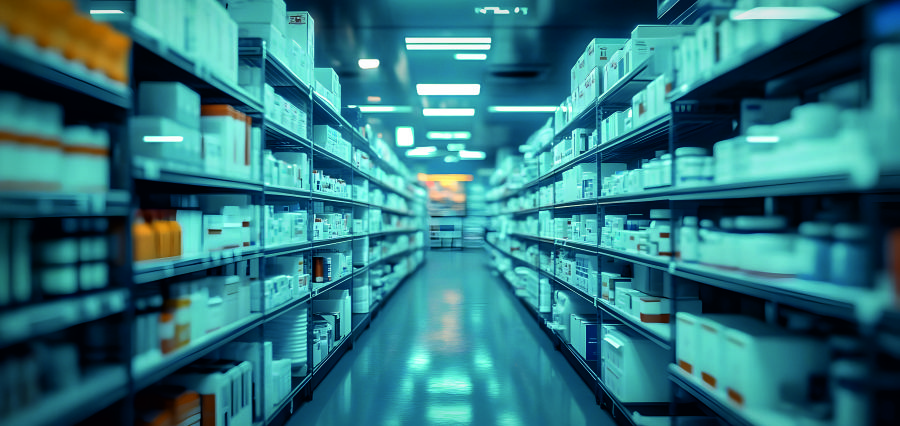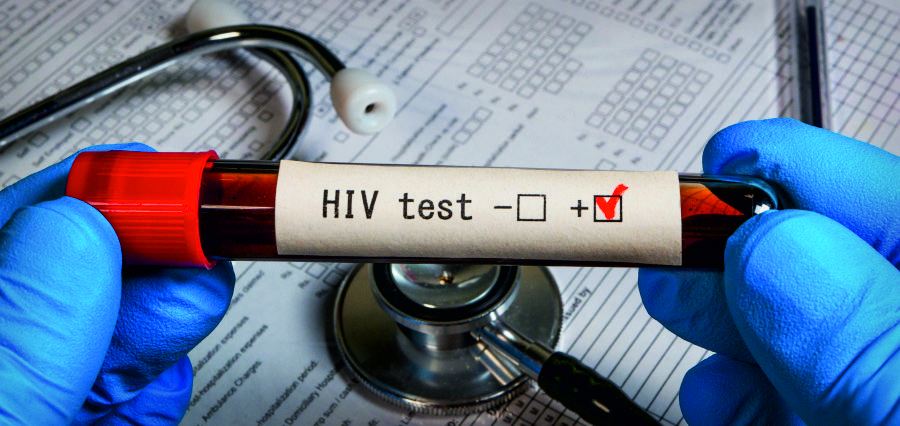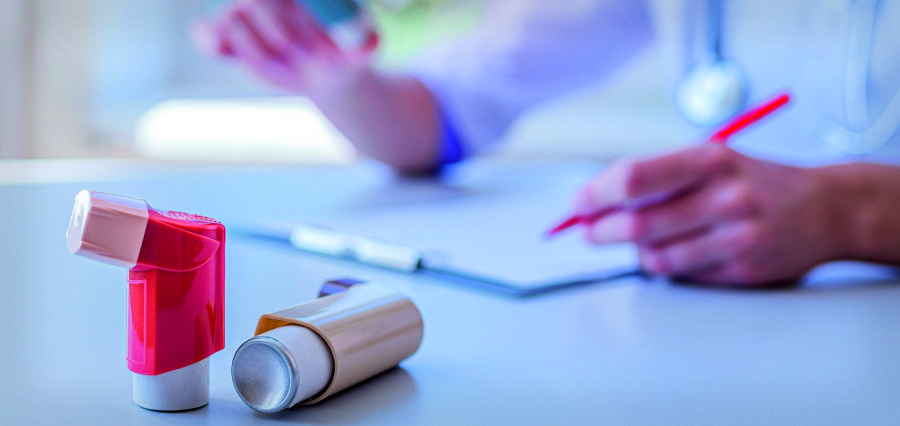Prime Highlights:
- Germany’s growing reliance on China and India for medicines is raising concerns about Europe’s medical security and independence.
- Experts believe the solution lies in innovation and stronger global cooperation rather than moving production back to Europe.
Key Facts:
- In 2024, Germany exported over 15 million tonnes of pharmaceutical products to China and imported more than 33 million tonnes in return.
- About 76% of all antibiotic ingredients used in Germany now come from China, according to Pro Generika e.V.
Background:
Germany’s pharmaceutical industry is becoming more reliant on China and India, raising concerns about Europe’s medical independence. In 2024, Germany exported over 15 million tonnes of pharmaceutical products to China but imported more than 33 million tonnes in return.
According to the pharmaceutical group Pro Generika e.V., China now provides about 76% of all active antibiotic ingredients used in Germany. Even medicines made in India or the United States often use raw materials that come from Chinese factories, showing how closely Europe’s medicine supply is linked to Asia’s production network.
The diabetes drug Metformin clearly shows this dependence. Among the 22 main global producers, 15 are in India, two are in China, and only three are in Europe. In addition, 80% of the chemical compound dicyandiamide needed to make Metformin comes from China.
Experts say this reliance stems from cost-cutting pressures linked to health insurance contracts, which push manufacturers to produce abroad where labour costs are lower and environmental regulations are less strict. As a result, many generic medicines, which make up 90 percent of critical drugs in the EU, are now sourced from overseas.
Professor Michael Müller of the University of Freiburg describes this as a legacy of a “cheap is cool” mentality. He believes bringing large-scale production back to Germany would be difficult due to high costs and a shortage of skilled workers.
Pharmacists have already sounded alarms over shortages of around 500 prescription medicines, including antibiotics for children and treatments for ADHD and asthma. Industry experts warn that if production in China or India slows down, Europe’s medicine supply could be affected almost immediately.
However, specialists also point out that the global medicine trade benefits everyone. Europe depends on Asia for ingredients, while China and India rely on Europe for demand and advanced technology. Müller suggests the solution lies in innovation and smarter cooperation, not isolation: “The global network is not an enemy but an opportunity, if we use it wisely.”








